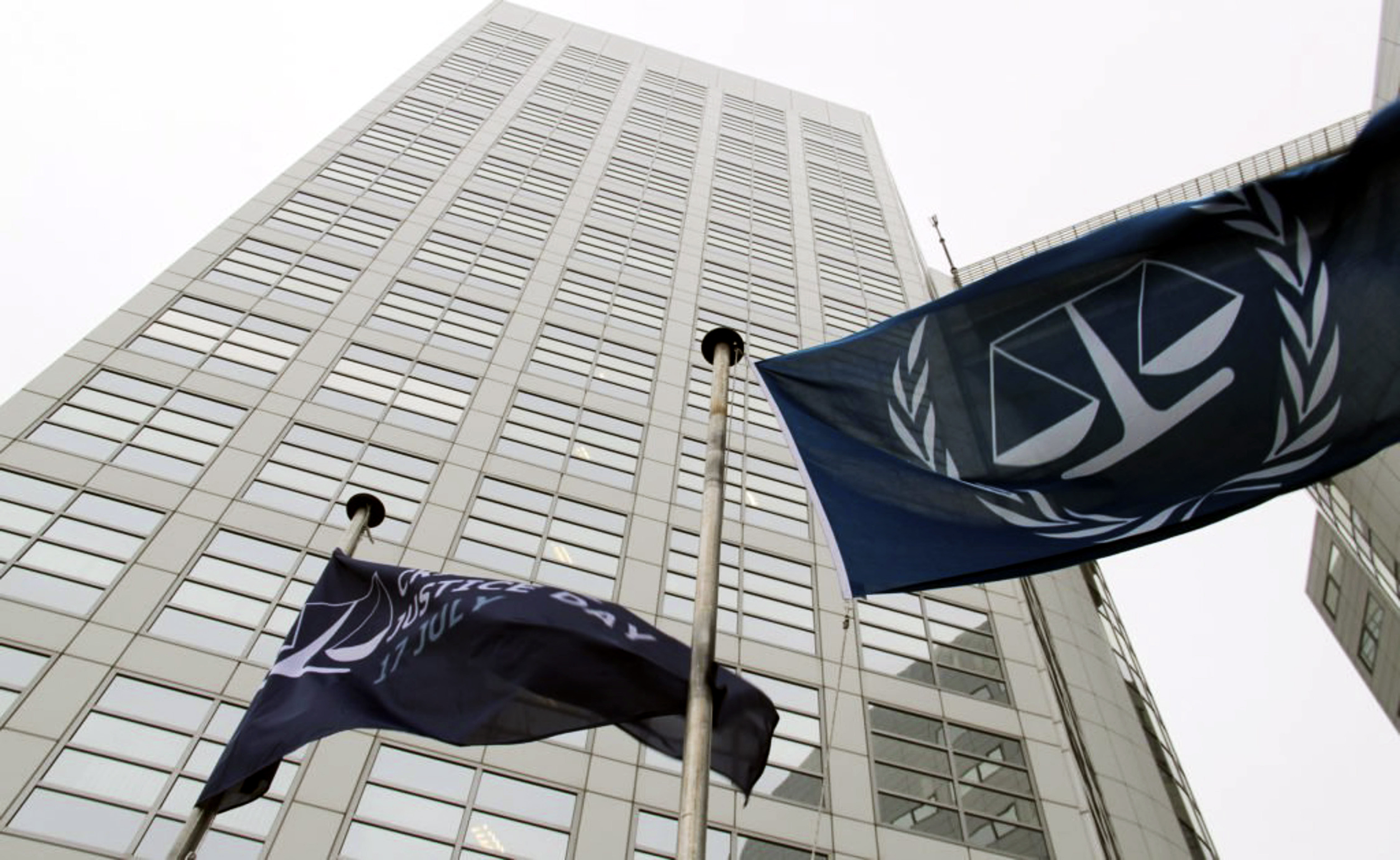MANILA, Philippines — It would be better for the Marcos administration to openly cooperate with the International Criminal Court (ICC) instead of doing it “through backdoors” and ultimately, to allow the Philippines to rejoin the Rome Statute.
This was according to Neri Colmenares, one of the lawyers for the families of the Duterte administration’s brutal war on drugs, who believes that President Ferdinand Marcos Jr. should steer away from his predecessor’s policy on the ICC.
READ: ICC probe: A subtle, monumental shift
Colmenares explained that the country’s withdrawal from the Rome Statute, which formed the ICC, was brought out of former President Rodrigo Duterte’s “personal grudge” against the international tribunal.
“He (Duterte) took it personally that he was being investigated for the abuses in his drug war. Imagine, his personal grudge [on ICC] became his national policy,” Colmenares told the Inquirer in a phone interview.
He was hoping that Marcos would “deviate” from this policy of his predecessor and “stand with the Filipino people in calling for an investigation.”
“It’s like he (President Marcos) made himself bound to the Duterte policy [on ICC] … What I mean to say is, whatever Duterte did, he made himself boxed to that idea. What he can do is to deviate himself from that Duterte policy,” Colmenares said.
This would also show that Marcos is “independent” from the Dutertes, he said.
The former lawmaker was responding to the recent pronouncement by Solicitor General Menardo Guevarra that the government, under the Marcos administration, will not stand in the way of the ICC prosecutor’s investigation of Duterte’s brutal war against illegal drugs.
Guevarra, Duterte’s justice secretary, had said last month that while the country has no legal duty to assist the ICC prosecutor to pursue the probe, the government “cannot stop him from proceeding any way he wants.”
‘Tectonic shift’
For Colmenares, who represents the families of the drug war, the statement by the government was a “major departure” and a “tectonic shift” from its earlier remarks that the ICC has no jurisdiction over the Philippines—a stance that the previous administration made.
“Now they say, effectively: ‘However you want to conduct the investigation, we will not stand in the way.’ This, of course, includes, based on our interpretation, coming over to the Philippines [and] interviewing victims and witnesses, including interviewing retired police officials and possibly, even active officials,” he said.
Another “shift” that he saw from the Marcos administration was the scenario if the ICC, through the International Criminal Police Organization, would eventually serve the warrants against Duterte and the other respondents in the case.
Colmenares said that the government not interfering with the possible serving of the warrants was another major shift for the government, which he saw as a development in the case.
“For me, there was a tectonic shift somewhere, a change of policy,” he said.
“The next step for Marcos is to openly cooperate instead of doing it through backdoors. He should be open [to the investigation] and this is a signal not only to our fellow Filipinos, but to the international community as well,” he said.


